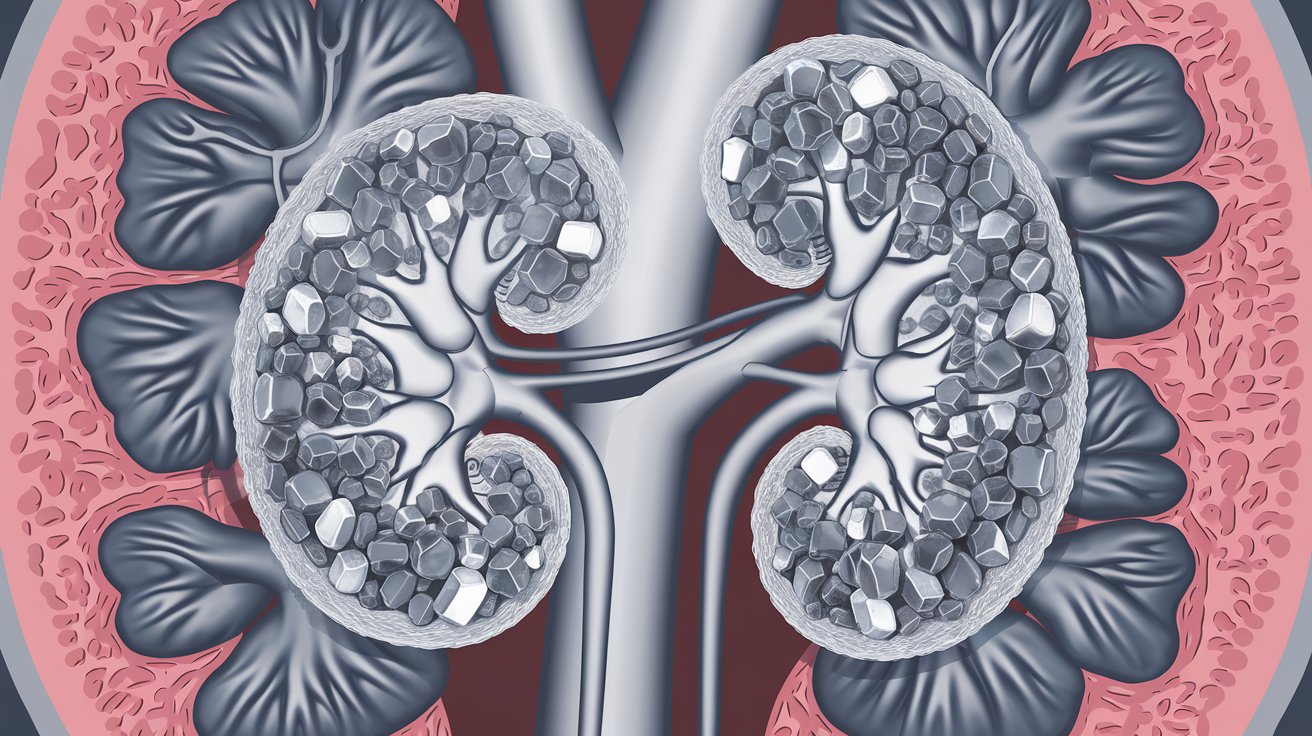
Inborn Branched Chain Aminoaciduria, also known as Maple Syrup Urine Disease (MSUD), is a rare genetic disorder affecting the body's ability to break down certain amino acids. Caused by a deficiency in the branched-chain alpha-keto acid dehydrogenase complex, this condition leads to a buildup of leucine, isoleucine, and valine in the blood. Symptoms often appear in infancy and can include poor feeding, vomiting, lethargy, and a distinctive sweet-smelling urine. Early diagnosis and treatment are crucial to prevent severe neurological damage or even death. Management typically involves a specialized diet low in branched-chain amino acids and regular monitoring of blood levels. Understanding the complexities of MSUD can help families and healthcare providers better navigate this challenging condition.
Key Takeaways:
- Inborn Branched Chain Aminoaciduria, or Maple Syrup Urine Disease, is a rare genetic disorder affecting amino acid breakdown. Early diagnosis through newborn screening and strict dietary management are crucial for effective treatment.
- Living with MSUD involves dietary restrictions, regular monitoring, and support from healthcare professionals and support groups. Ongoing research aims to improve treatment options and raise public awareness for early diagnosis.
What is Inborn Branched Chain Aminoaciduria?
Inborn Branched Chain Aminoaciduria, also known as Maple Syrup Urine Disease (MSUD), is a rare genetic disorder. It affects the body's ability to break down certain amino acids. Let's dive into some fascinating facts about this condition.
-
Genetic Disorder: MSUD is inherited in an autosomal recessive manner. This means both parents must carry the defective gene for a child to be affected.
-
Amino Acids Involved: The disorder specifically impacts the breakdown of three branched-chain amino acids: leucine, isoleucine, and valine.
-
Distinctive Odor: One of the hallmark symptoms is a sweet-smelling urine, similar to maple syrup, due to the accumulation of these amino acids.
-
Newborn Screening: Many countries include MSUD in their newborn screening programs, allowing for early diagnosis and treatment.
Symptoms and Diagnosis
Understanding the symptoms and how MSUD is diagnosed can help in managing the condition effectively.
-
Early Symptoms: Newborns with MSUD may exhibit poor feeding, vomiting, lethargy, and developmental delays within the first few days of life.
-
Neurological Impact: If untreated, MSUD can lead to severe neurological damage, including seizures and coma.
-
Blood Tests: Diagnosis typically involves blood tests to measure the levels of branched-chain amino acids.
-
Genetic Testing: Confirmatory diagnosis can be made through genetic testing to identify mutations in the BCKDHA, BCKDHB, or DBT genes.
Treatment and Management
Managing MSUD requires a combination of dietary restrictions and medical interventions.
-
Dietary Management: A special diet low in branched-chain amino acids is crucial for managing MSUD.
-
Medical Formula: Patients often need a medical formula that provides all essential nutrients minus the problematic amino acids.
-
Regular Monitoring: Frequent blood tests are necessary to monitor amino acid levels and adjust the diet accordingly.
-
Liver Transplant: In severe cases, a liver transplant can cure MSUD by providing a new source of the enzyme needed to break down the amino acids.
Living with MSUD
Living with MSUD involves ongoing care and lifestyle adjustments.
-
Emergency Protocols: Patients must have emergency protocols in place for illness or stress, which can cause amino acid levels to spike.
-
Support Groups: Joining support groups can provide emotional support and practical advice for managing the condition.
-
Education and Awareness: Educating family, friends, and caregivers about MSUD is essential for effective management.
-
Regular Check-ups: Routine check-ups with a metabolic specialist are necessary to ensure optimal health.
Research and Future Directions
Ongoing research aims to improve the understanding and treatment of MSUD.
-
Gene Therapy: Researchers are exploring gene therapy as a potential cure for MSUD.
-
New Medications: Development of new medications to help break down branched-chain amino acids is underway.
-
Improved Screening: Advances in newborn screening techniques are making early diagnosis more accurate.
-
Patient Registries: Establishing patient registries helps researchers collect data and improve treatment protocols.
Interesting Facts
Here are some intriguing tidbits about MSUD that you might not know.
-
Historical Background: MSUD was first described in 1954 by John Menkes and colleagues.
-
Prevalence: It is more common in certain populations, such as the Old Order Mennonite community, due to genetic factors.
-
Dietary Challenges: Managing the diet can be particularly challenging during adolescence due to increased nutritional needs.
-
Carrier Testing: Carrier testing is available for family members to determine their risk of having a child with MSUD.
-
Public Awareness: Increased public awareness and education are crucial for early diagnosis and better management of MSUD.
Final Thoughts on Inborn Branched Chain Aminoaciduria
Inborn Branched Chain Aminoaciduria, also known as Maple Syrup Urine Disease (MSUD), is a rare but serious metabolic disorder. It affects the body's ability to break down certain amino acids, leading to a buildup of toxic substances. Early diagnosis and treatment are crucial for managing symptoms and preventing complications. Newborn screening programs play a vital role in early detection. Treatment often involves a strict diet low in branched-chain amino acids and regular monitoring by healthcare professionals. Advances in medical research continue to improve the quality of life for those affected. Understanding the facts about MSUD can help raise awareness and support for individuals and families dealing with this condition. By staying informed, we can contribute to better outcomes and a brighter future for those living with Inborn Branched Chain Aminoaciduria.
Frequently Asked Questions
Was this page helpful?
Our commitment to delivering trustworthy and engaging content is at the heart of what we do. Each fact on our site is contributed by real users like you, bringing a wealth of diverse insights and information. To ensure the highest standards of accuracy and reliability, our dedicated editors meticulously review each submission. This process guarantees that the facts we share are not only fascinating but also credible. Trust in our commitment to quality and authenticity as you explore and learn with us.
